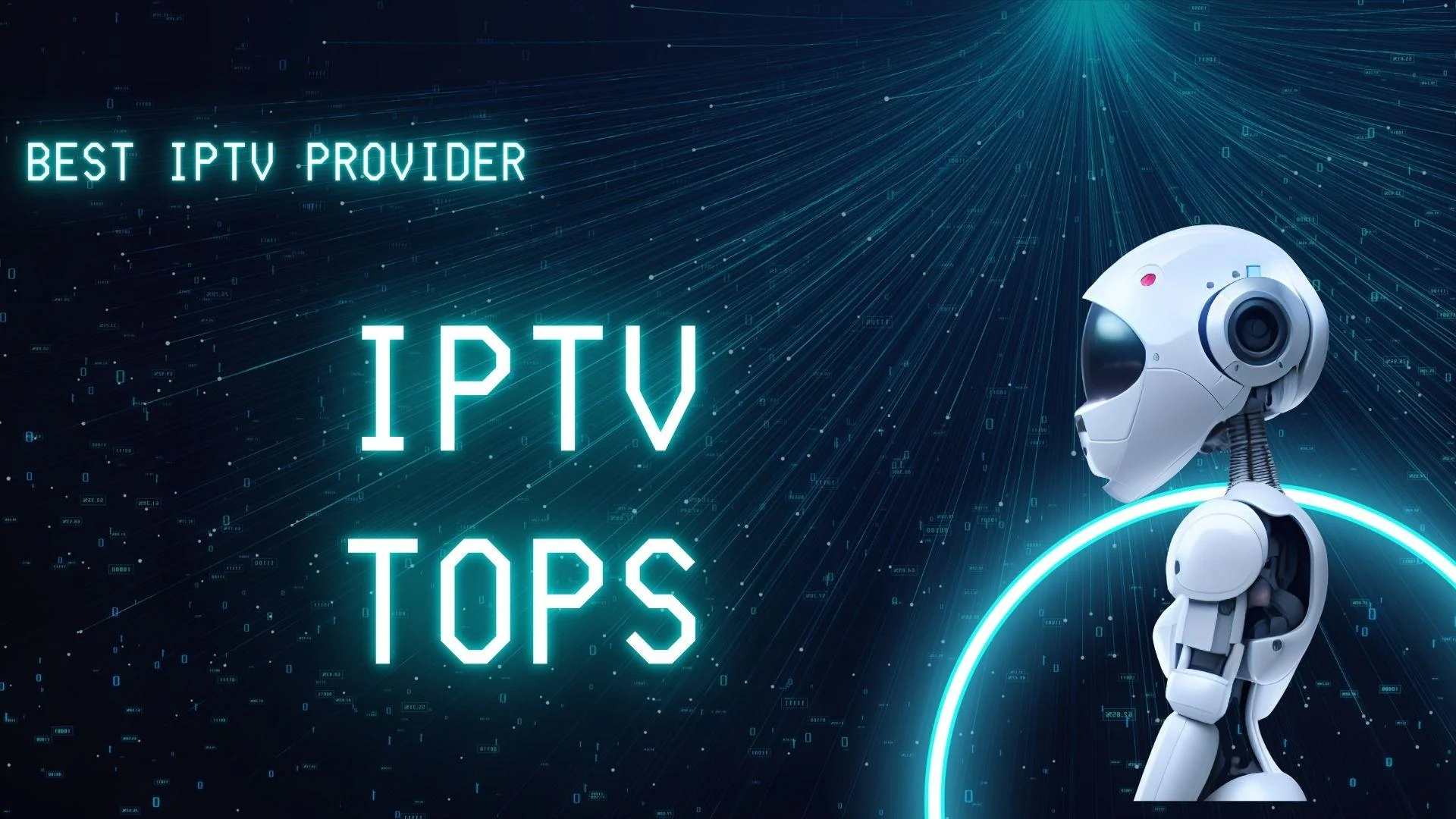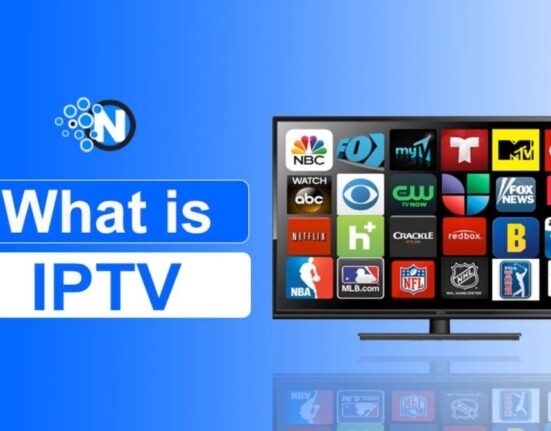In the ever-evolving world of entertainment and media consumption, IPTV (Internet Protocol Television) has emerged as a revolutionary way to watch television. Unlike traditional cable or satellite services, IPTV delivers TV programs through the internet, allowing viewers to enjoy content on various devices, from smartphones and tablets to smart TVs and computers. As demand for more flexible, accessible, and diverse content increases, services like IPTV Sverige have gained popularity, particularly in Sweden and other regions of the world. This article will delve into the details of IPTV, its features, benefits, and the future of this technology.
What is IPTV?
IPTV stands for Internet Protocol Television, a system that delivers television programming and other video content via the internet rather than through traditional satellite or cable systems. Instead of using radio frequency signals or cables to transmit content, IPTV services use broadband internet connections to deliver shows, movies, sports, and more, offering a more flexible and personalized viewing experience.
The fundamental technology behind IPTV is the Internet Protocol (IP), which is also used for everything from sending emails to streaming videos on platforms like YouTube. With IPTV, content is encoded into digital data, transmitted over the internet, and decoded by your viewing device, such as a smart TV, laptop, or mobile phone.
How Does IPTV Work?
IPTV works by utilizing broadband internet connections to stream content. Unlike traditional cable TV, which requires physical cables to deliver signals, IPTV uses a packet-switched network to send and receive data in smaller chunks (packets) over the internet. This allows for greater flexibility, higher resolution video, and multi-device support.
IPTV services generally come in two main types: live TV and on-demand. Live TV offers real-time streaming of channels and events, just like traditional television. On-demand services allow you to watch previously aired programs, movies, and shows whenever you want. Some IPTV providers also offer catch-up TV, where users can watch programs they missed within a certain period.
Types of IPTV Services
- Subscription-Based IPTV: These services offer a range of channels, usually for a monthly fee. They provide access to various international, regional, and niche channels, allowing users to customize their viewing experience.
- Free IPTV Services: Some IPTV services are free, but they often have limited content, lower video quality, or may come with advertising interruptions. These services typically have fewer features and fewer channels but can still be a good option for viewers who are looking for basic TV content.
- IPTV with VOD (Video On Demand): This service allows users to watch movies, shows, or other video content whenever they want. Popular on-demand services like Netflix and Amazon Prime Video can be considered a form of IPTV as they rely on internet protocols to stream content.
- Hybrid IPTV: Hybrid services combine both traditional TV and IPTV technology. For instance, a hybrid set-top box can connect to both cable TV and internet-based IPTV content, providing an all-in-one solution for users.
Advantages of IPTV
There are several compelling reasons why people are increasingly turning to IPTV services for their television and video needs. Some of the most notable benefits include:
- Wide Range of Content
IPTV services often provide access to a much broader range of content than traditional cable or satellite providers. This includes not only live channels but also on-demand content from across the globe. For example, IPTV Sverige offers viewers access to Swedish and international channels, as well as a variety of movies, documentaries, and sports content.
- Multi-Device Access
One of the standout features of IPTV is the ability to stream content across a range of devices. You can watch your favorite shows on your smart TV, computer, tablet, or even your smartphone. This flexibility is ideal for people who are on the go or those who prefer watching content on different screens.
- High-Quality Video
IPTV services generally offer high-definition and sometimes even 4K streaming, depending on the provider and your internet connection speed. This allows for a superior viewing experience compared to traditional TV services.
- Customization
With IPTV, users can often select from a variety of subscription packages tailored to their preferences, such as sports channels, international news, or niche programming. This level of customization ensures that viewers only pay for the content they are interested in.
- Catch-Up TV
IPTV services typically offer catch-up TV features, where users can watch shows or events they missed, often up to seven days after they aired. This makes it easier for viewers to stay up to date with their favorite programs.
How to Choose an IPTV Service?
When considering an IPTV service, it’s essential to evaluate a few key factors to ensure you get the best experience possible. Here are some considerations to keep in mind:
- Content Library
Look for services that offer the type of content you want to watch, whether it’s local channels, international broadcasts, or specific genres like sports or entertainment.
- Quality of Service
Check if the IPTV provider offers high-definition (HD) or 4K streaming. Also, assess the reliability of the service, as buffering or poor-quality video can ruin the experience.
- Device Compatibility
Ensure that the IPTV service supports the devices you plan to use. Some providers are only compatible with specific platforms, so it’s vital to confirm that your TV, smartphone, or tablet is supported.
- Cost
Compare pricing between different IPTV providers. Keep in mind that while some services are free, others require a subscription. Make sure the service you choose fits your budget.
- Customer Support
Choose an IPTV service with responsive and helpful customer support, especially if you are new to IPTV. A reliable support team can help you troubleshoot issues and ensure smooth operation.
The Future of IPTV
The future of IPTV looks promising as more people opt for internet-based services over traditional cable and satellite options. As internet speeds continue to improve and streaming technology advances, IPTV is expected to offer even higher-quality content, greater interactivity, and more personalized experiences. Moreover, with the global shift toward cord-cutting, IPTV providers are continuously adapting to offer more value to their customers.
Conclusion
IPTV has revolutionized the way we consume television content, offering flexibility, variety, and high-quality streaming options. Services like IPTV Sverige have brought a new level of accessibility to Swedish viewers, providing a range of content that can be enjoyed across multiple devices. Whether you’re interested in sports, movies, or international news, IPTV offers something for everyone. As technology continues to evolve, we can expect even more innovations that will make IPTV an integral part of our entertainment landscape.








